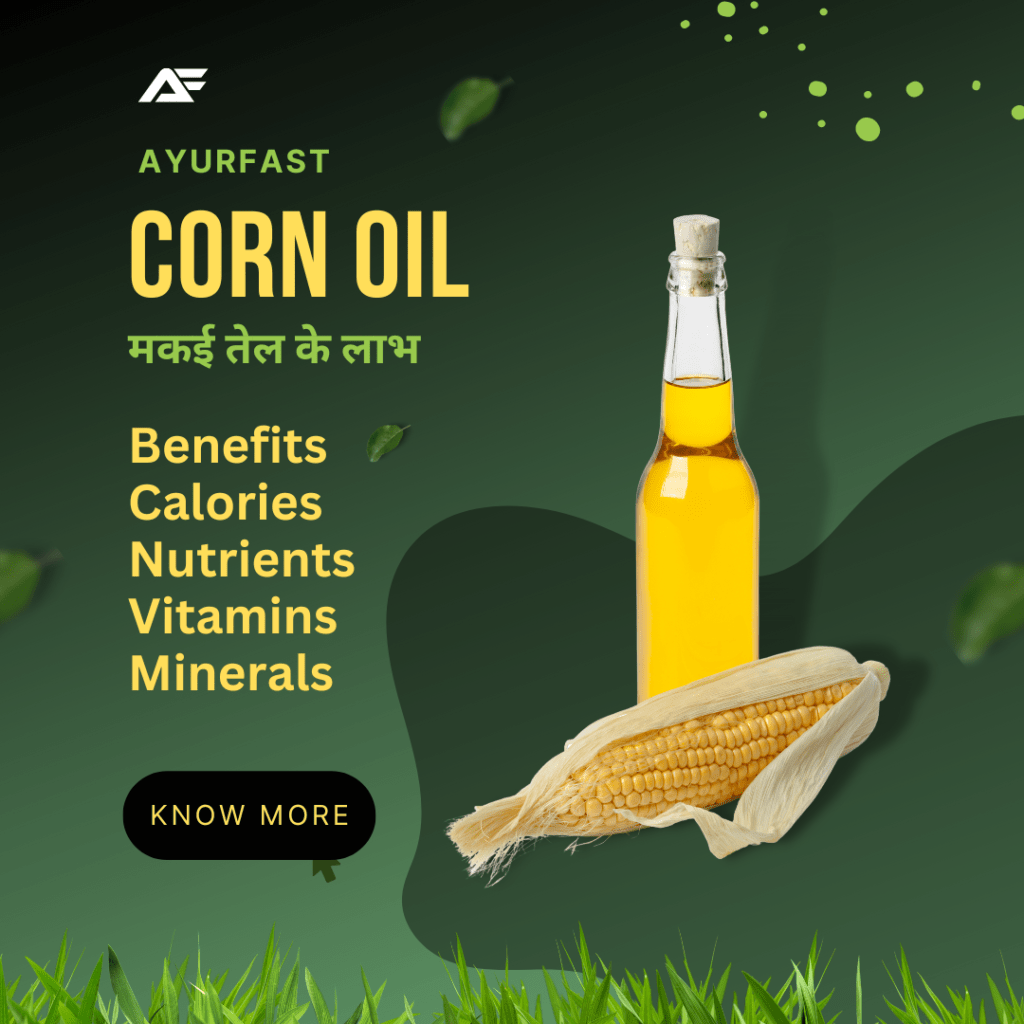
About
Flaxseed oil is a vegetable oil derived from flax seeds. It is also known as linseed oil. It is a rich source of alpha-linolenic acid (ALA), an essential fatty acid that is important for human health. Here is some detailed information on flaxseed oil:
Health Benefits of Flaxseed Oil:
-
Reduces Inflammation: Flaxseed oil has anti-inflammatory properties that can help reduce inflammation in the body. This can be helpful for conditions like rheumatoid arthritis and other inflammatory conditions.
-
Improves Heart Health: Flaxseed oil can help improve heart health by reducing blood pressure, improving cholesterol levels, and reducing the risk of heart disease.
-
Improves Skin Health: Flaxseed oil is rich in antioxidants and can help improve skin health by reducing inflammation and preventing damage from free radicals.
-
Improves Digestive Health: Flaxseed oil is rich in fiber, which can help improve digestive health and prevent constipation.
-
Promotes Weight Loss: Flaxseed oil can help promote weight loss by reducing appetite and increasing feelings of fullness.
Health Losses of Flaxseed Oil:
-
Increases Risk of Bleeding: Flaxseed oil can increase the risk of bleeding, especially when taken with blood-thinning medications.
-
Can Cause Digestive Issues: Flaxseed oil can cause digestive issues like diarrhea, bloating, and gas in some people.
-
Can Interact with Medications: Flaxseed oil can interact with certain medications, including blood-thinning medications and some antidepressants.
Preparation Method of Flaxseed Oil:
Flaxseed oil can be prepared by cold-pressing flax seeds. The seeds are first cleaned and then pressed to extract the oil. The oil is then filtered and bottled for use.
Treatments Flaxseed Oil Can Be Used For:
Flaxseed oil can be used for a variety of treatments, including:
-
Rheumatoid arthritis
-
High blood pressure
-
High cholesterol
-
Skin conditions like eczema and psoriasis
-
Digestive issues like constipation
Harms of Overdose:
Overdosing on flaxseed oil can cause the following:
-
Increased risk of bleeding
-
Digestive issues like diarrhea, bloating, and gas
-
Interactions with medications
Maximum Consumption Chart:
The maximum consumption of flaxseed oil per day varies based on age and gender. Here is a chart outlining the maximum consumption for children, adult men, and adult women:
| Age/Gender | Maximum Consumption per Day |
|---|---|
| Child | 1 teaspoon |
| Adult Man | 2-3 tablespoons |
| Adult Woman | 1-2 tablespoons |
Nutritional Content of Flaxseed Oil (Per Serving of 50 grams):
| Energy (Calories) | 436 |
|---|---|
| Carbohydrates | 0 g |
| Fats | 50 g |
| Proteins | 0 g |
| Fiber | 0 g |
| Water Content | 0 g |
Vitamin Content of Flaxseed Oil (Per Serving of 50 grams):
| Vitamin | Amount |
|---|---|
| Vitamin A | 0 IU |
| Vitamin B1 | 0 mg |
| Vitamin B2 | 0 mg |
| Vitamin B3 | 0 mg |
| Vitamin B6 | 0 mg |
| Vitamin B12 | 0 mcg |
| Vitamin C | 0 mg |
| Vitamin D | 0 IU |
| Vitamin E | 27 mg |
| Vitamin K | 7 mcg |
| Folate | 0 mcg |
| Biotin | 0 mcg |
Minerals Content of Flaxseed Oil (Per Serving of 50 grams):
| Nutrient | Amount per Serving (50 g) |
|---|---|
| Calcium | 22 mg |
| Iron | 1.3 mg |
| Iodine | 0 mcg |
| Zinc | 1.2 mg |
| Magnesium | 116 mg |
| Phosphorus | 392 mg |
| Potassium | 0 mg |
| Sodium | 0 mg |
| Chloride | 0 mg |
| Copper | 0.3 mg |
| Chromium | 0 mcg |
| Fluoride | 0 mcg |
| Molybdenum | 0 mcg |
| Manganese | 1.3 mg |
| Selenium | 4.4 mcg |
What is Flaxseed oil?
Flaxseed oil is an oil that is extracted from the seeds of the flax plant. It is a rich source of omega-3 fatty acids.
What are the health benefits of Flaxseed oil?
Flaxseed oil has been shown to improve heart health, reduce inflammation, support brain function, and promote healthy skin and hair.
Is Flaxseed oil suitable for vegans and vegetarians?
Yes, Flaxseed oil is a vegan and vegetarian-friendly source of omega-3 fatty acids.
How can Flaxseed oil be incorporated into a healthy diet?
Flaxseed oil can be added to smoothies, salad dressings, and other foods to increase their nutritional value.
What are the best ways to cook with Flaxseed oil?
Flaxseed oil should not be used for cooking at high temperatures. It is best used as a finishing oil for salads and other cold dishes.
How much Flaxseed oil should one consume daily?
The recommended daily intake of Flaxseed oil is 1-2 tablespoons per day.
Can Flaxseed oil be used as a supplement?
Yes, Flaxseed oil is available in supplement form and can be taken orally.
How does Flaxseed oil benefit athletes and sports nutrition?
Flaxseed oil can help improve endurance, reduce inflammation, and promote muscle recovery in athletes.
How does Flaxseed oil support brain health and cognitive function?
Flaxseed oil contains omega-3 fatty acids that are essential for brain function and may help improve cognitive function.
What are the best Flaxseed oil supplements on the market?
The best Flaxseed oil supplements are those that are high-quality, organic, and third-party tested for purity and potency.
How can Flaxseed oil benefit pets and animal nutrition?
Flaxseed oil can be added to pet food to promote healthy skin and coat, reduce inflammation, and support overall health.
How does Flaxseed oil compare to fish oil?
Flaxseed oil is a plant-based source of omega-3 fatty acids, while fish oil is derived from fish. Both can provide health benefits, but Flaxseed oil may be a better option for vegetarians and vegans.








